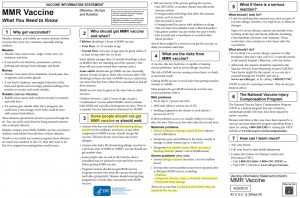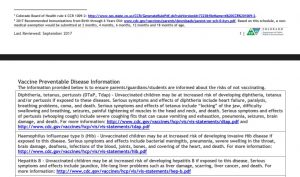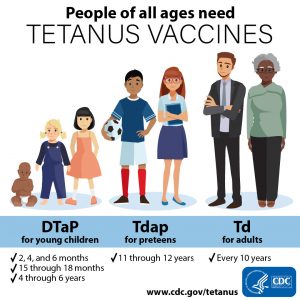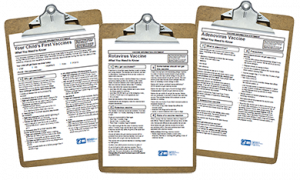cdc prevnar vis
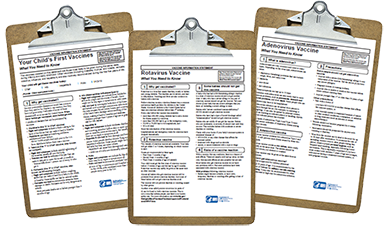
Some individuals are more prone to pneumonia and must be vaccinated. Pneumonia is a cause of diseases that can be prevented by vaccines and deaths in the United States. This is a function of infection that is usually caused by bacteria or causes of serious illness in people of all ages.
Vaccines are safe and successful in preventing complications and complications in children and young adults. If you are still stuck in the right vaccine for you, be sure to have a conversation with your doctor. Both vaccines can be given to pregnant women. Both pneumococcal vaccines are recommended for most adults aged 65 and over, and some adults aged 19 to 64 years. Pertussis can be very dangerous for children. Diphtheria can cause difficulty breathing, paralysis and heart failure. Tetanus can cause jaw stiffness which can make it difficult to open your mouth or swallow.
Signs and symptoms of polio may include flu-like illness, or there may be no signs or symptoms in any way. In newborns, they can also include meningitis, seizures and sometimes rashes. Be sure to talk to your doctor if there is a period of time. Indicators of pneumococcal disease are determined by the part of the infected human body.
Vaccine preventable diseases are much rarer than before, as a result of vaccination. Pneumococcal disease is more common in developing countries. Some men and women are more prone to pneumococcal disease.
Your doctor may give you details. Adult patients may not realize that they are candidates for pneumococcal vaccines and may have questions. Patients who experience this non-infectious reaction may receive unnecessary treatment if a diagnosis of a strong inflammatory reaction to the PS23 vaccine is not considered. Any medication can cause a severe allergic reaction. You may not want a recipe, depending on the circumstances you live in, so remember to contact your pharmacist for more details. PCV13 dose is also recommended for children between the ages of 6 and 18 and adults aged 19 years or older with certain medical problems. For example, if you are 65 or older, you must have a dose of each vaccine.
Quite often, children can take. Some children do not get all their vaccinations at the right time. Here is the best way to find out if your child has a bad reaction. Only 24-month-old children who are healthy, old or older will need 1 dose of this vaccine. This includes adults aged 65 or older and children under 5 years of age. Young adults who smokers must also have PPSV23.
See the latest images for the 2015 Weekly Mmwr press, and besides that you can get pictures here which we summarize from many other sites. In addition, he will combine photo types which can be seen in the 2015 Mmwr Weekly gallery. Please remember that photo pneumonia is not the same as flu because you don’t need to find a vaccine every year.
cdc prevnar vis
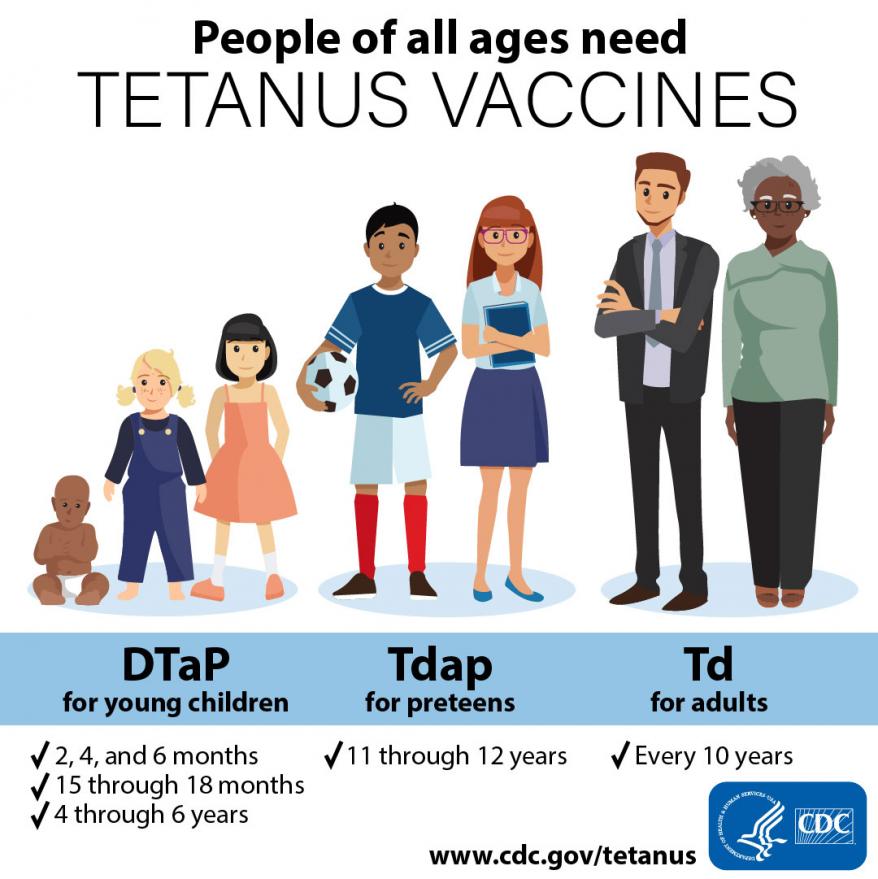
Tetanus Vaccination | CDC
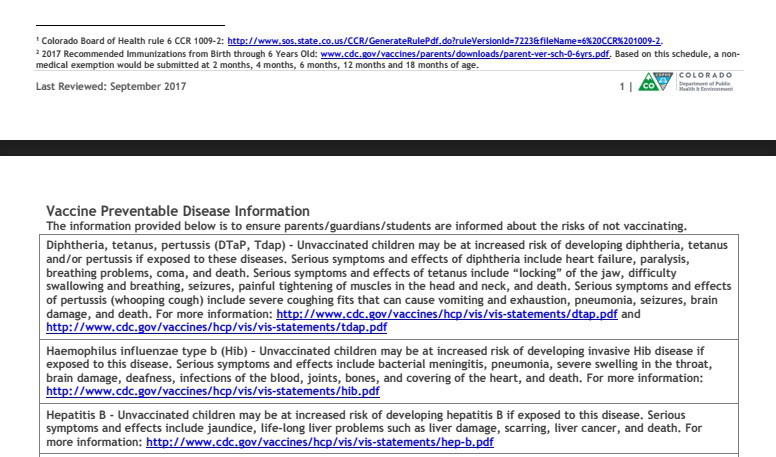
cdc prevnar vis
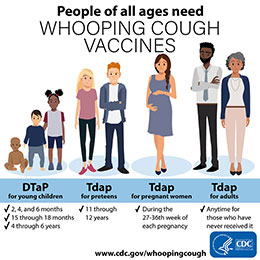
Whooping Cough Vaccination | Pertussis | CDC

cdc prevnar vis
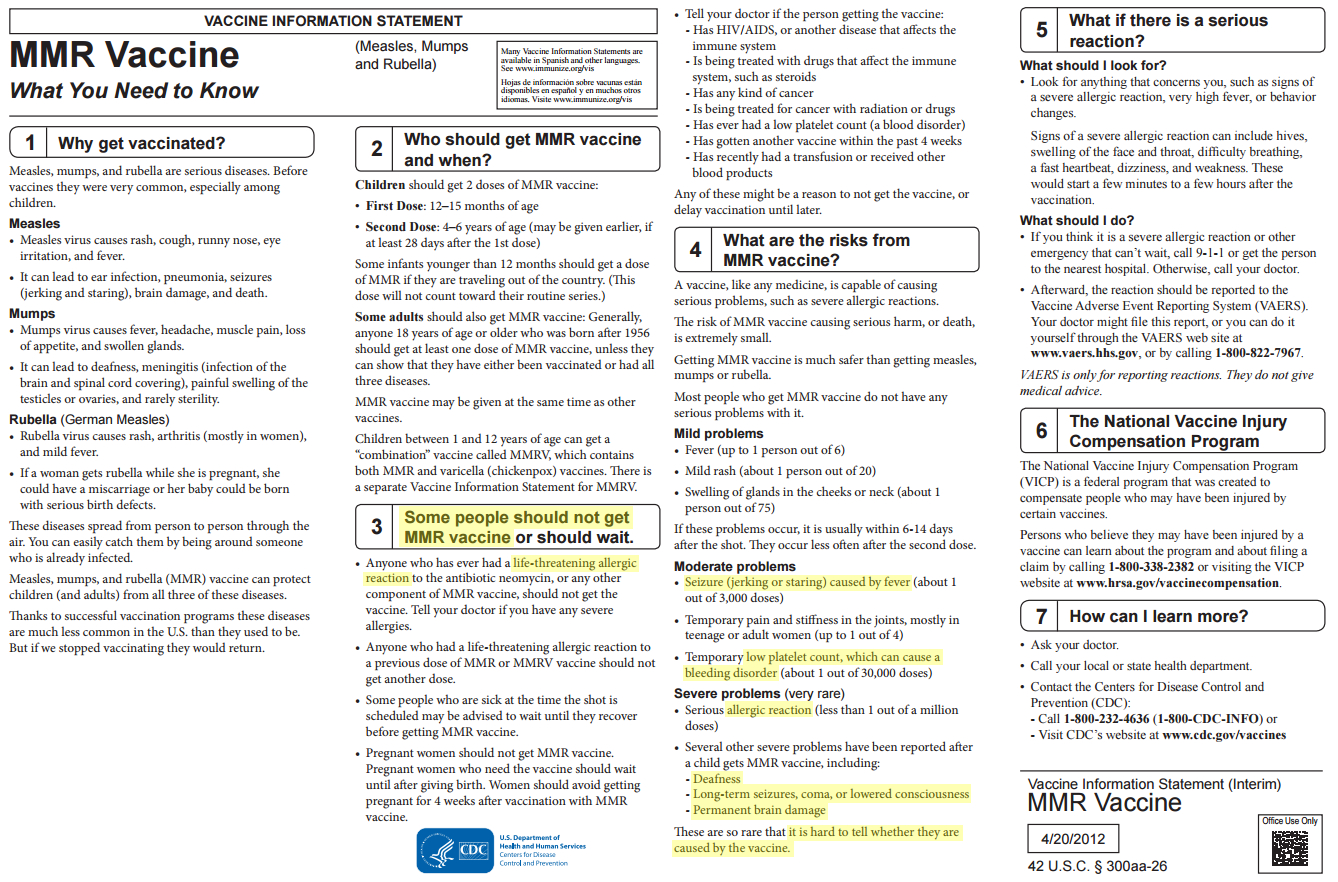
Vaccines are safe and effective in preventing wellness-related illnesses and complications in children and young adults. Vaccines need a dose or remain immune. Both vaccines can be given to pregnant women. Both pneumococcal vaccines are 65 and older and some adults are between 19 and 64 years old. There are many vaccines you want. This vaccine is called Varivax. The flu vaccine has been formulated every year to stay informed about influenza viruses as they evolve.
Those who have colds can still be vaccinated. If you are still stuck, the vaccine is right for you. For children, the Prevnar 13 vaccine is given in several injections. It is important to know which vaccines are safe for people with a weakened immune system. The herpes zoster vaccine is called Zostavax.
Polio Signs and symptoms may include flu-like illnesses or there may be no signs or symptoms in any way. In newborns, they can also include meningitis, convulsions and sometimes rashes. Make sure you talk to your doctor if you have symptoms for a long time. The indicators of pneumococcal infection are determined by the part of the infected human body.
Vaccine-preventable diseases are much less common than they were before, two for vaccination. Anyone can take these diseases, but some have a higher risk. Some people are more likely to develop pneumococcal disease. Pneumococcal infection is more prevalent in developing countries. It is a serious infection caused by a bacterium. It is possible to get a pneumococcal infection in a person who appears to be in good health.
Your doctor or health service can provide you with a recommended vaccination schedule. Your doctor can give you the details. Your oncologist should inform you of any vaccine that can help you.
Any medicine can cause a severe allergic reaction. A dose of PCV13 is also recommended for children aged 6 to 18 and for adults aged 19 to 20 with certain health problems. The next dose should be given as much as possible. For example, if you are around 65, take a dose of each vaccine. In some cases, a scheduled vaccine dose may not be given on time.
Infants and children should be protected against pneumococcal infection. The healthiest adults develop protection within two or three weeks of the discovery of the shot. SPPSV23 may also affect younger adults who smoke or have some of the health problems mentioned above.
Like any drug, it is very unlikely that a vaccine could cause serious injury or death. Like any drug, there is a small chance that a vaccine could cause serious injury or death. Each year a different type of flu vaccine is given. Remember that pneumonia vaccines are not the same as flu vaccines because you don’t need to find the vaccine every year. In some people, it can cause a heart attack or heart failure.
